

It’s hard for indie games to compete for attention at events like E3 when major announcements are being made about Fallout 4, Mass Effect, and Halo; but the short E3 teaser trailer for Campo Santo’s Firewatch managed to catch our attention and stick with us last summer. Half a year later, we finally get a chance to climb the fire tower and help Henry unravel the secrets and mysteries of the Wyoming wilderness in Firewatch.
Considering Firewatch is a PC and PS4 title (sorry Xbox One users) made by a few of the creative leads from Telltale’s The Walking Dead, it should come as no surprise that the game puts story first. Players control firewatch volunteer Henry during a summer-long stint in the aftermath of the Yellowstone fires in the late ’80s. There are very few other characters present in the forest and players spend most of the time hiking through the wilderness in the first person and chatting on a walkie-talkie with the game’s female lead, Delilah.
It may sound like this review is skipping over some major mechanics, but this is really the bulk of the game. players have a map, compass, and a walkie-talkie and spend most of the campaign chatting with Delilah, while keeping the forest safe from drunk teenagers and investigating weird occurrences throughout the summer. After the first act, a few other mechanics are introduced – Henry acquires an axe for breaking through some obstacles, a rope to repel, and a few other spoilery items for his backpack – but the game never requires the player to master any platforming skills or engage in combat. There aren’t any puzzles to solve either, aside from the narrative’s mysteries. The game puts all of its focus on delivering a suspenseful, funny, and sad story; and it really nails it.
It’s safe to say, without spoiling anything, that Firewatch contains some masterful story-telling. The game allows players to choose from a selection of dialogue options in every human-to-human interaction and each choice molds Henry’s relationship with the people and world around him. After a tearjerker of an intro, which is like a less colorful version of the opening to Pixar’s UP, players spend the first few days in the forest forming a relationship with Delilah over the radio. Based on how each player decides to interact with her, the relationship can be flirty, friendly, cold, or close to non-existent. The amazing voice acting and compelling dialogue make it impossible to walk away from the game, even though there are no real puzzles to solve or enemies to defeat. Players will laugh along to Delilah and Henry’s long distance courting for the first hour or so and then quickly rush around trying to help them solve the forest’s mysteries during the rest of the time in-game.
The look and feel of the forest is beautiful and Campo Santo proves that a game doesn’t need to be photorealistic to be engaging and stunning. The narrative is on-rails to some degree, but the game doesn’t rush players from zone to zone and, instead, allows them to explore Henry’s self-contained “wilderness zone” as much as they would like to. Hiking through the forest is relaxing and peaceful before any of the trouble starts and becomes increasingly terrifying as Henry rushes through the woods trying to find out if someone is spying on and tormenting him or if he is just going crazy. As the game’s narration gets darker and more serious the lush forest landscape also shifts to a darker tone. Smoke creeps throughout the forest and becomes thicker and thicker until the wildfires have taken over and the landscape that players spent hours becoming familiar with is barely recognizable.
The decision to remove a traditional HUD was a great move and the lack of clutter on the screen really enhances the immersion. When players want to look at a map or figuring out if they are heading west, they need to pull the map and compass out and take a look. You can walk while holding the map open, but just like in real life, you may walk into a tree if you’re not careful.
And for those who are curious, the game’s third act delivers definitive answers to many of the game’s questions and provides a strong closing chapter to the story. Some may be left wanting more from the story, but it seems like the writers left things exactly where they intended to. As the end credits crawled, we found ourselves sticking around and hoping for one more scene, just like after a great movie.
The only substantial drawback to the game is its performance, which can be choppy. In our experience on PS4 the frame rate would dip any time Henry sprints and the game would occasionally stutter, and even crashed for us once, while completing actions to fast. One A higher-end PC, though, can run the game just fine with minimal problems; just be aware that the PS4 version could use a little work.
It doesn’t take much more than six hours to work through the game’s tight narrative and some players could probably do it much quicker than that if they don’t take the time to soak in the sights and sounds of nature along the way. Due to the fact that there are no puzzles or platforming challenges, Firewatch probably won’t have a lot of replayability for most players. Once the game’s mystery is solved, the only real motivation to return to the forest is to try another playthrough with a different attitude. Starting the game over and playing Henry with a different attitude will allow players to see a different side of Delilah and potentially experience the game in a whole new way. We don’t expect most gamers to take the time for that sort of character study, so this is likely a one and done experience for most shoppers.
Even without much motivation to replay the short campaign, Firewatch is still well worth the $19.99 price tag for the beautiful landscape, compelling mystery, and amazing character development. Firewatch isn’t a game for everyone, but if you love a good mystery, this is a must play.
Firewatch releases on February 9 for PC and PS4. Game Rant was provided a PC code for this review.

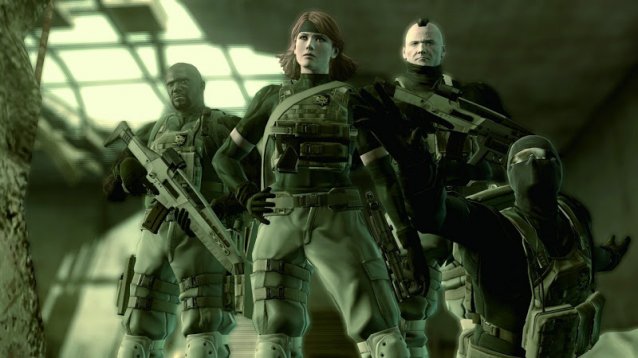
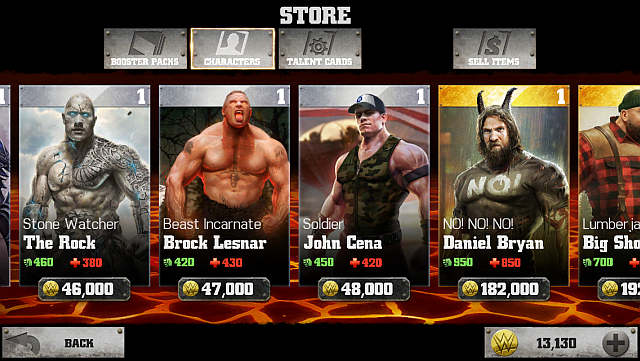
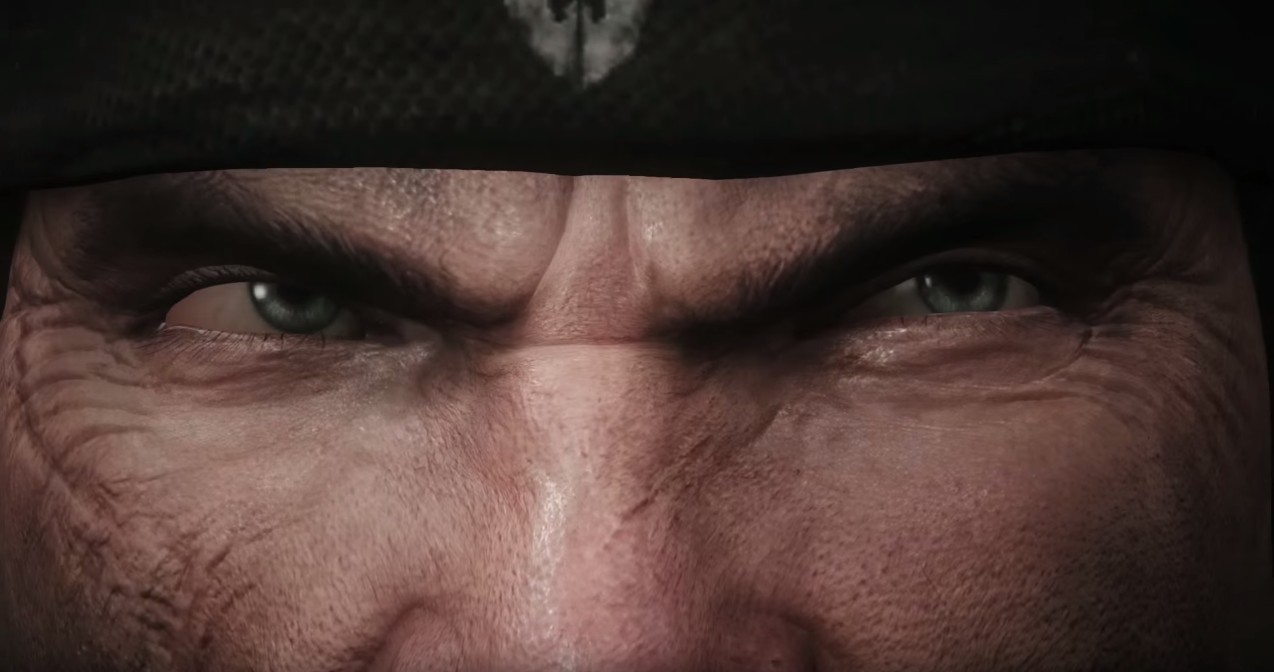
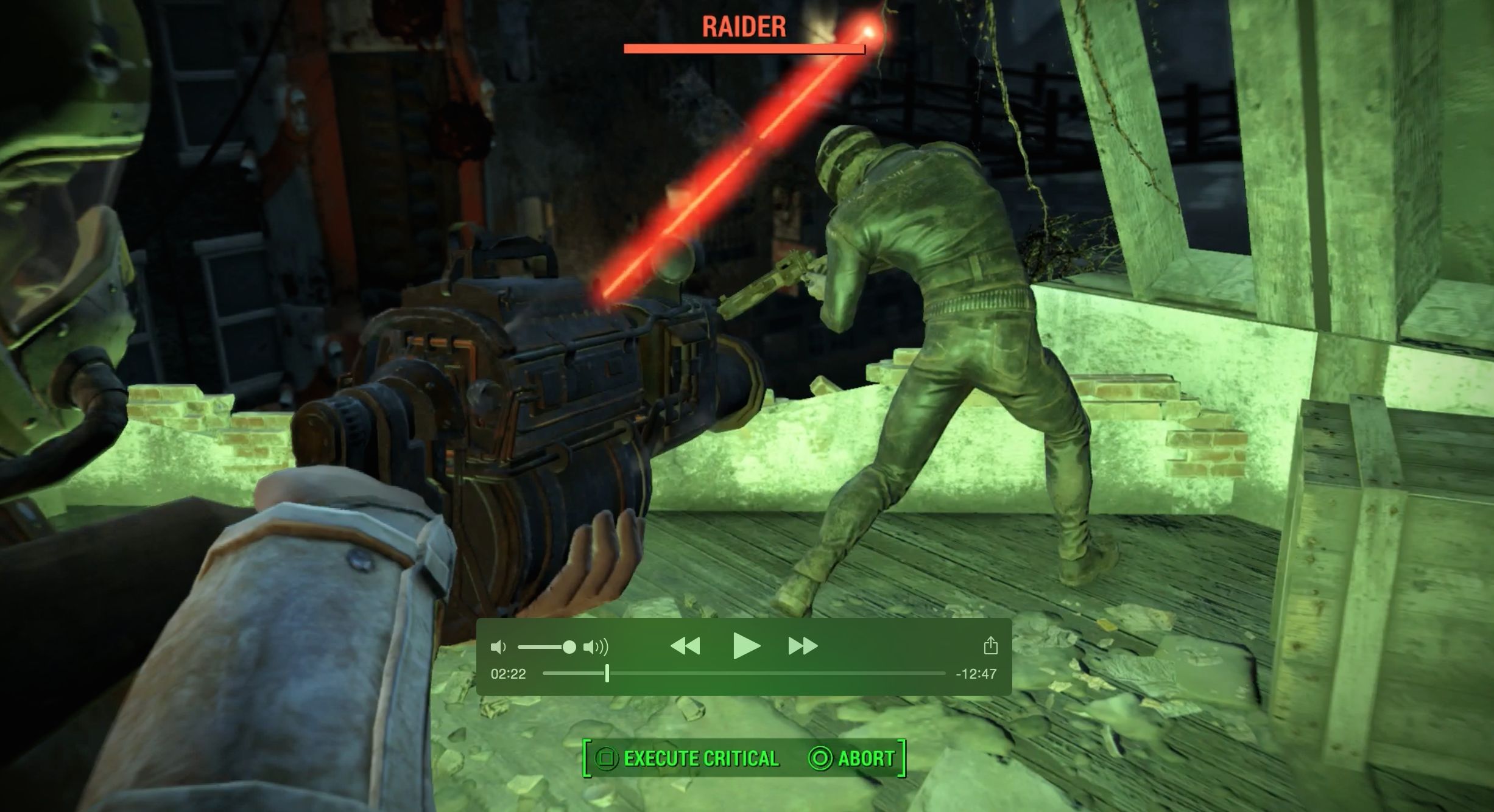 Fallout 4: Suspected Synth walkthrough
Fallout 4: Suspected Synth walkthrough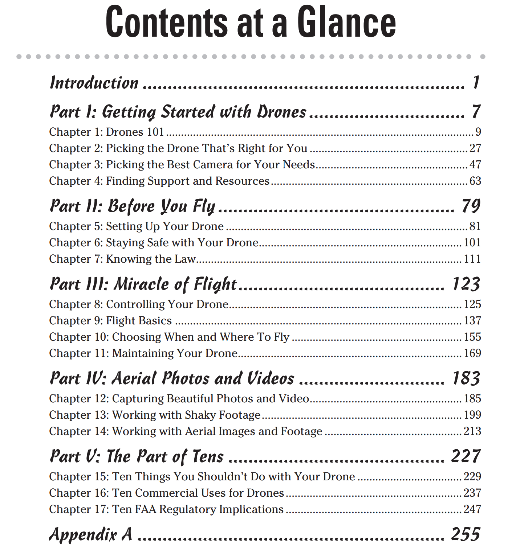 Free eBook: 'Drones For Dummies' And Parrot Bebop Drone Giveaway
Free eBook: 'Drones For Dummies' And Parrot Bebop Drone Giveaway Game of Thrones S6: HBO shares a new behind the scenes video
Game of Thrones S6: HBO shares a new behind the scenes video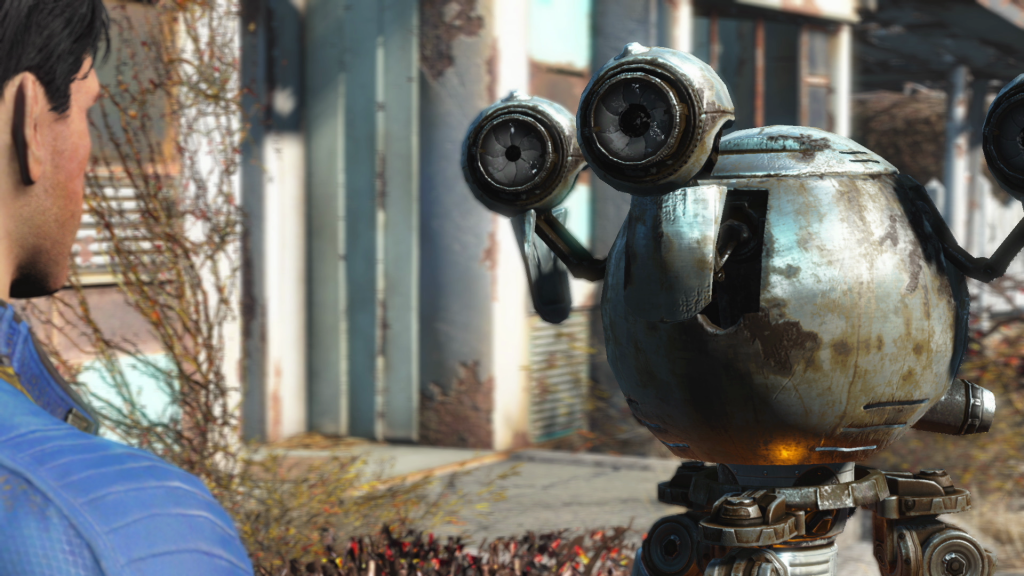 Fallout 4 Guide: How To Farm Infinite Bottle Cap Money Using Glitch/Trick
Fallout 4 Guide: How To Farm Infinite Bottle Cap Money Using Glitch/Trick Which Upgrades Will Improve Your PC Performance the Most?
Which Upgrades Will Improve Your PC Performance the Most?